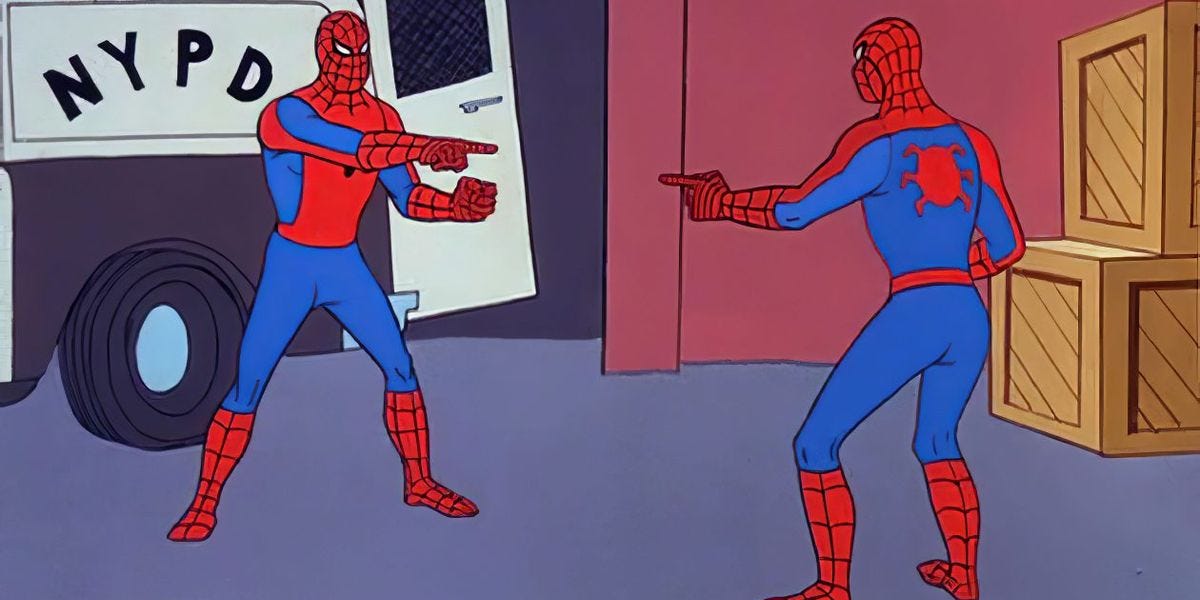
Saved by Stuart Evans
What if You Have It Backwards?

Saved by Stuart Evans
“ I wanted to pass on another nugget I’ve learned about how to approach and define problems: working backwards. I’ve found this to be useful in both technical and business situations and I use it all the time.
Basically, start with the end result you want, and figure out how to get there from here. If you can’t define the desired outcome, then ste
... See moreThe point is to try and step outside of your existing framework for thinking about how you approach (some set of) things, and to perceive how your past experience and existing worldview influences your expectations of how things will go, and how those expectations would then influence the outcome. It can be helpful to do thought experiments where y
... See moreMounica Veggalam added
This is describing about the tendency to get trapped in the HOW based on the past. Focus on the next thing determining your current way of being, creates more of the future you want to see. Deliberately stepping out of the local optima you’ve created can result in desired outcomes as a side effect. For me, if I want to coach more awakened tech CEOs I have to assume abundance and that I already can talk to them.

Marcel Mairhofer and added
Stuart Evans added
Britt Gage added
Don’t worry if this feels familiar. The tendency to focus on processes over outcomes is actually a natural psychological operation: because we spend the majority of our cognitive resources on what is happening right now—which makes sense, since we do actually have to act in order to create change—we’re biased toward focusing on those immediate acti
... See moreKaustubh Sule added
.psychology
This is an incredible insight by Jason Fried, on looking back less:
I have a theory.
One of the reasons companies have a hard time moving forward is because they've tangled themselves in the near past. Eyes aimed backwards rather than ahead, staring at the dark, feet in their own concrete.
They've trapped themselves looking for certainty where there i
Alara added